Resistance groups: US sanctions won’t weaken our resolve to defend Iraq
The Iraqi resistance groups targeted by US sanctions say the restrictive measures show that their counter-terrorism campaign poses a challenge to the Americans, stressing that the bans will fail to weaken their resolve to protect the homeland and restore its sovereignty.
The Asa’ib Ahl al-Haq and Kata’ib Hezbollah, which are both subdivisions of Iraq’s Popular Mobilization Units (PMU) or Hashd al-Sha’abi, said on Tuesday that they would remain impervious to the US sanctions.
A day earlier, the US State Department said it had imposed sanctions on the two Iraqi resistance factions under the so-called Iran, North Korea, and Syria Nonproliferation Act (INKSNA), which prohibits arms transfer to those targeted.
Asa’ib politburo spokesman Mahmoud al-Rubaie, talking to Lebanon’s al-Ahed news website, described the US restrictive measures against resistance groups as “a battle between right and wrong,” saying they represent the extent of the failure that successive US administrations have suffered in the Middle East.
The US sanctions did not catch Asa’ib by surprise since the group “expects anything from them (the Americans),” he added. “Whatever they do will not affect us because we are strong.”
Rubaie also said that the United States “is concerned about the political presence of the resistance and is therefore seeking a way to escape ... Of course, the [Iraqi] government is also weak and cannot counter US pressure.”
Washington wants a “poor Iraq,” where the youths are jobless, he said.
Similarly, Asa’ib politburo member Ahmad al-Mousavi said that Washington was trying to drive the resistance out of the Iraqi political equation because it had brought about the failure of US schemes in the Arab country.
“US sanctions will not affect the performance of the Asa’ib Ahl al-Haq and will not remove this resilient Iraqi group from the political scene,” he added.
Mousavi expressed hope that the Iraqi government would take a clear stance on the new US bans, complaining, however, about Baghdad’s silence in the face of the US restrictions against resistance groups over the past year.
Meanwhile, the Kaf Telegram channel, which is affiliated with the Kata’ib Hezbollah, said, “Let them impose on us whatever sanctions they have at their disposal. It is an honor that we are still a difficult challenge in their calculations.”
“We will continue our path to restoring [Iraqi] sovereignty and dignity by relying on God,” it said.
In early 2003, the US invaded Iraq under the later debunked pretext that the regime of Saddam Hussein possessed weapons of mass destruction.
It withdrew soldiers from Iraq between 2007 and 2011, but redeployed them in 2014 along with other partners to allegedly counter the threat of Daesh.
Iraq managed to end the territorial rule of the Takfiri terrorist group in the country thanks to the sacrifices of the national army and Hashd al-Sha’abi, which had the backing of neighboring Iran.
On January 3, 2020, the US assassinated Iran’s anti-terror commander General Qassem Soleimani and his Iraqi trenchmate Abu Mahdi al-Muhandis, deputy head of Hashd al-Sha’abi, two influential figures in the fight against Daesh.
Two days later, the Iraqi parliament unanimously approved a bill, demanding the expulsion of all foreign military forces led by the United States from the Arab country.
Since then, however, Washington has been dragging its feet on the troop pullout and targeting anti-terror groups from time to time.
Thousands brave freezing cold in Minneapolis to protest Trump’s immigration crackdown
Iran says it has boosted its missile power since war with Israel
VIDEO | Trump's 'Peace Council' not peaceful for Israel!
Israel’s defeat in Iran riots ‘more humiliating’ than 12-day war: Qalibaf
West Bank faces worst humanitarian crisis since 1967 amid Israeli raids: UNRWA
VIDEO | Grieving family demands justice after son killed in Iran foreign-backed unrest
European parliament pushes new hostile measures after CIA-Mossad-backed riots in Iran
Behind the riots: Spy games, media spin, discarded monarchists and lessons from history


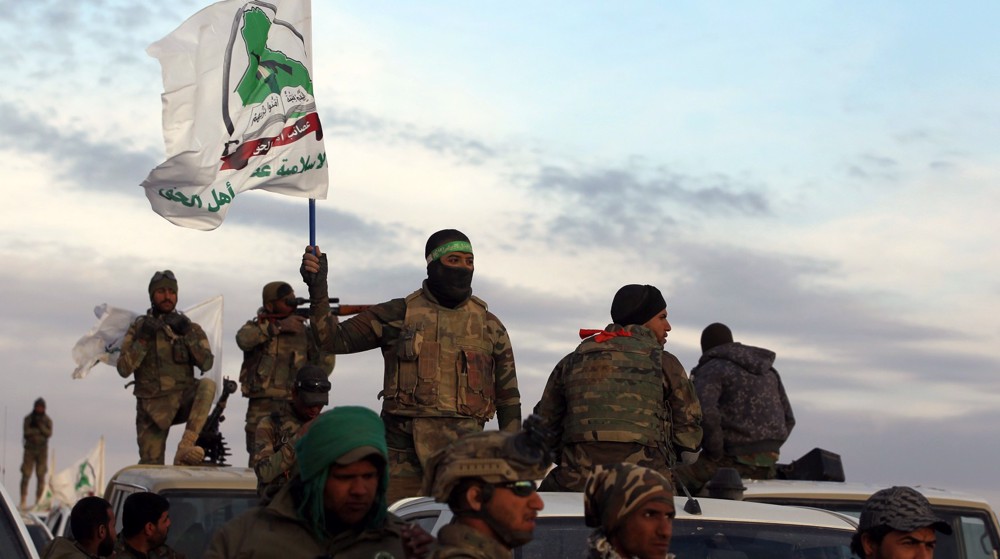
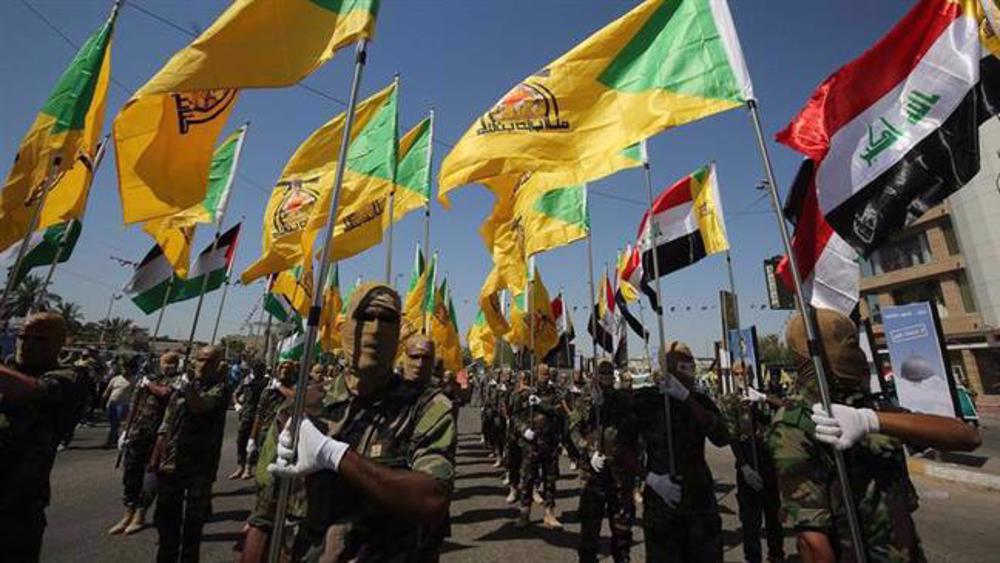
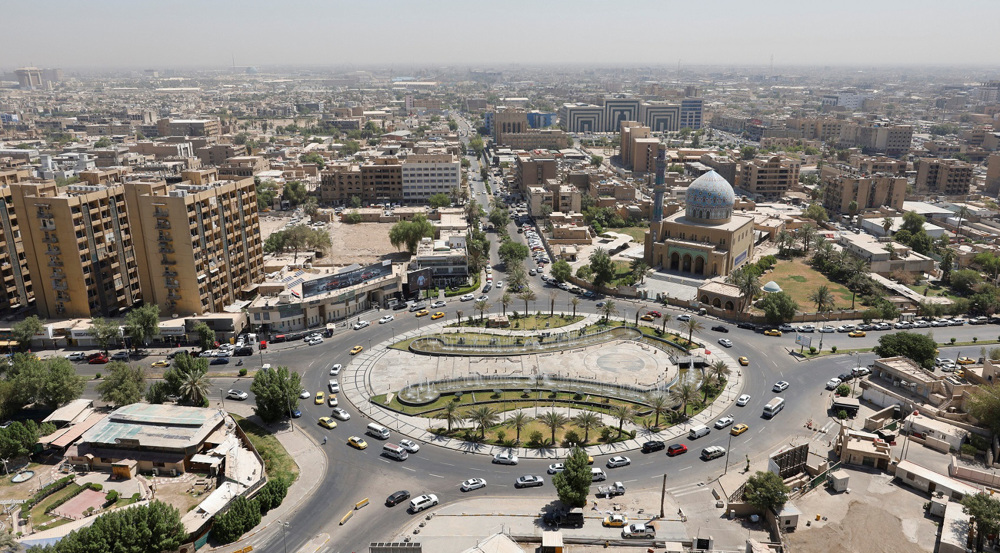
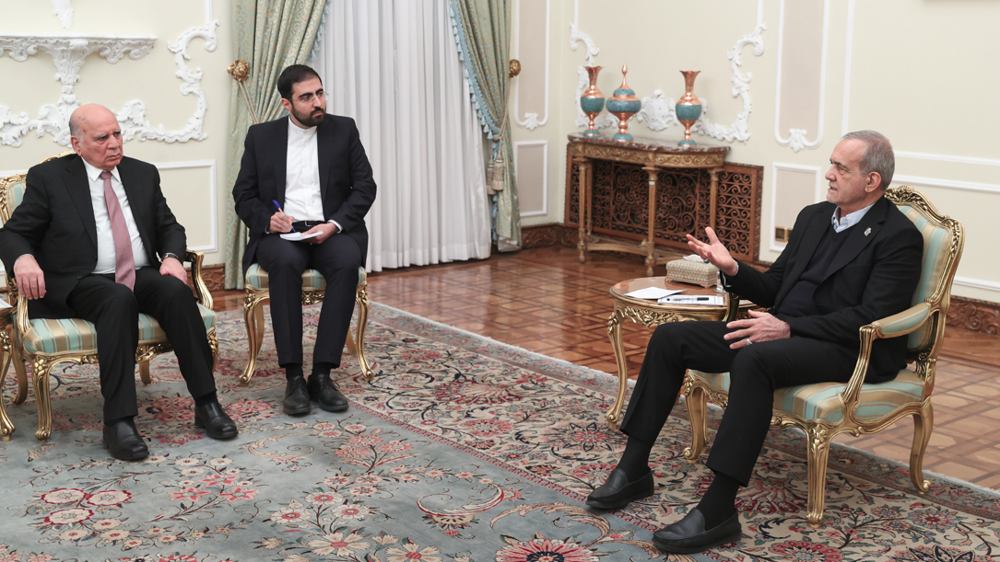
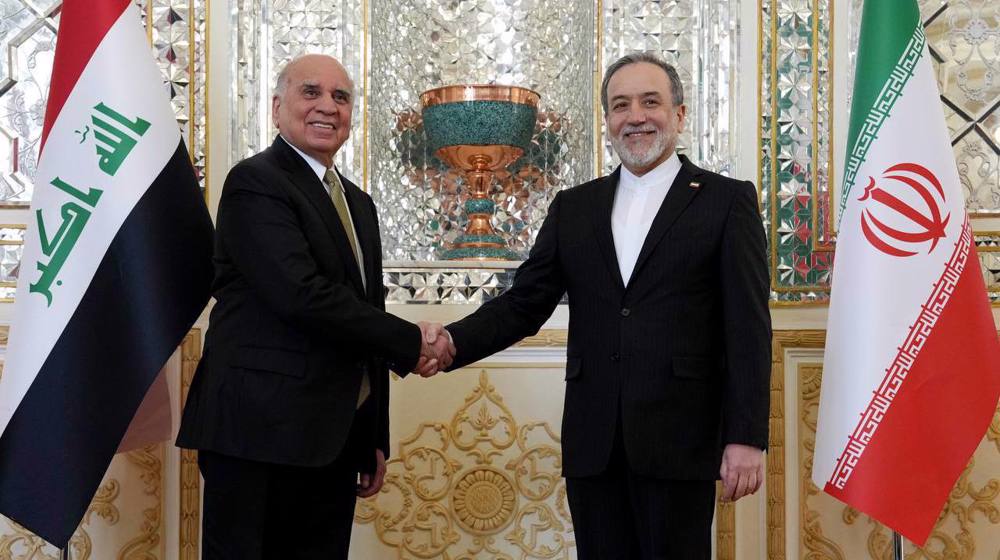



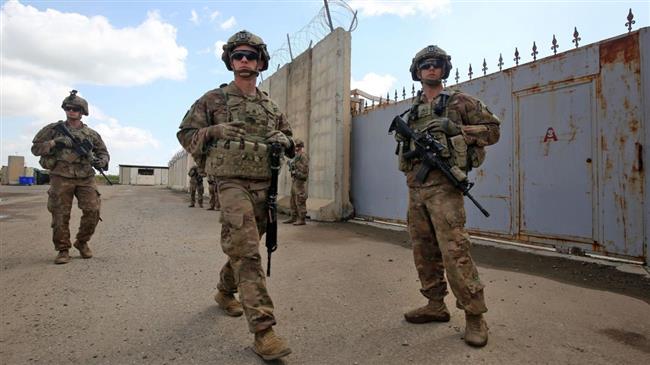
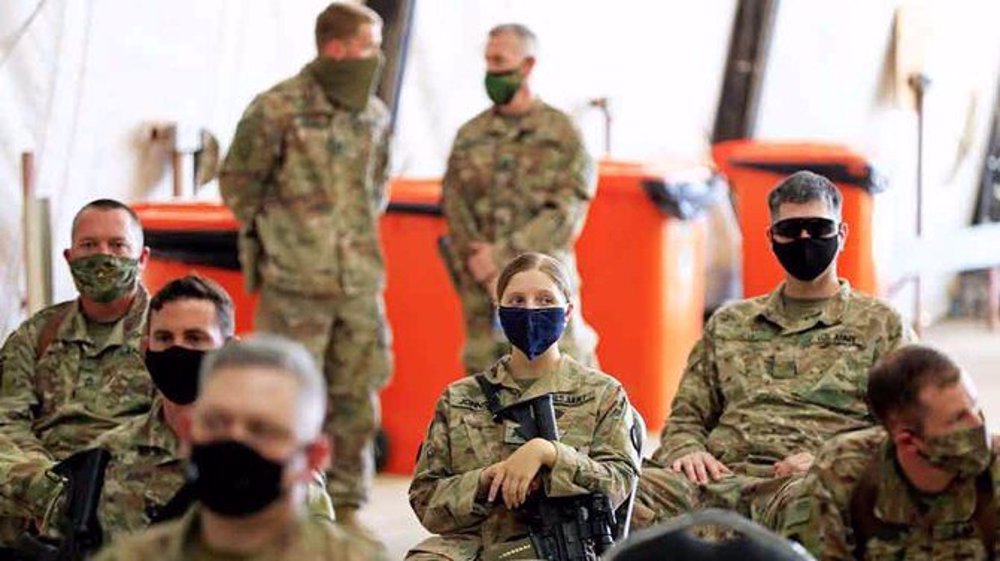
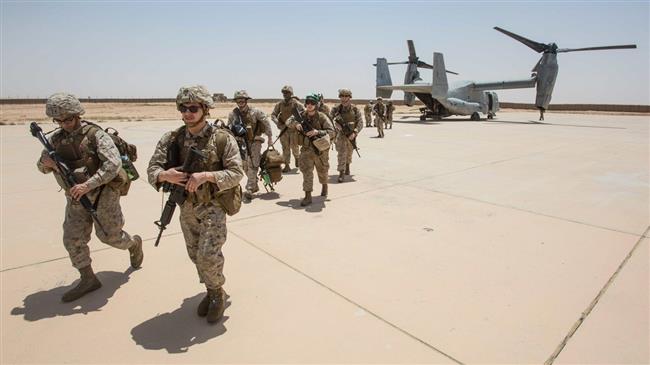
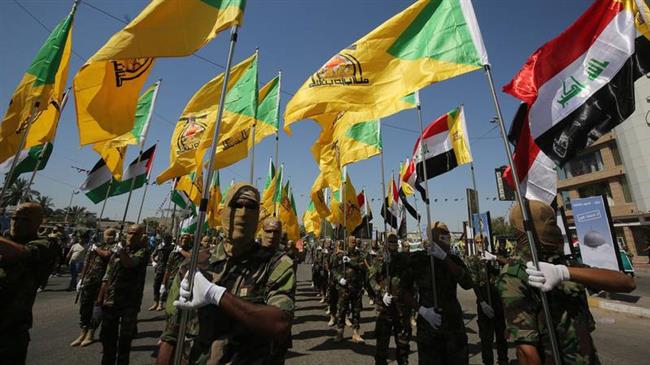
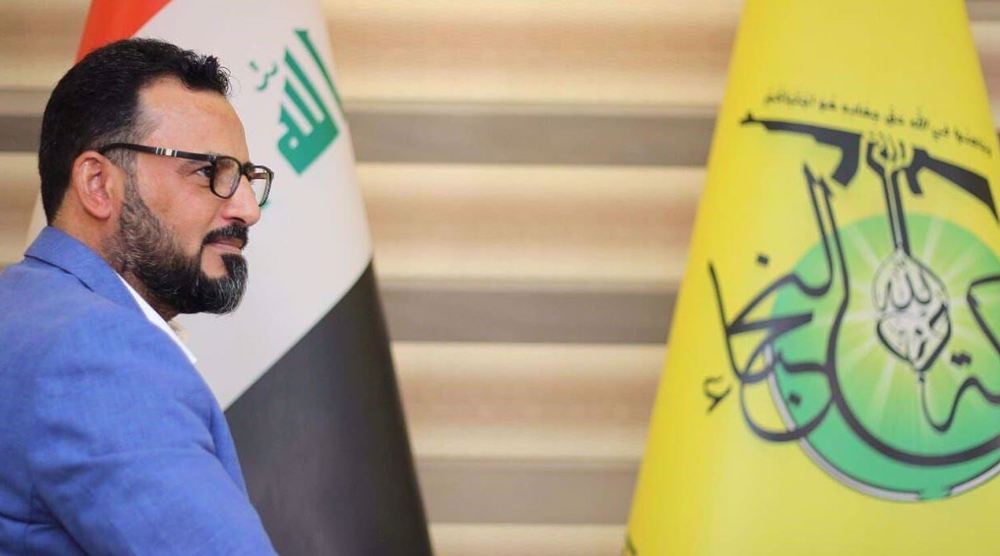
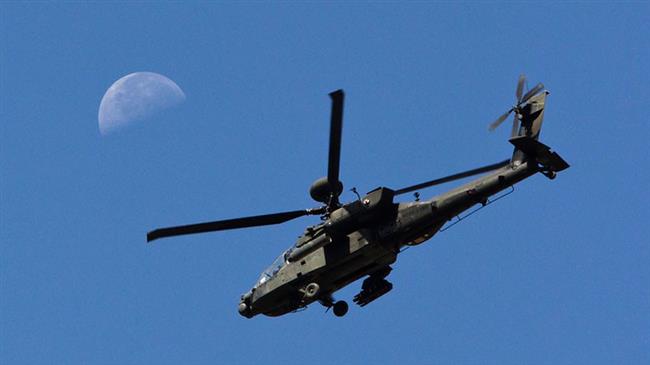

 This makes it easy to access the Press TV website
This makes it easy to access the Press TV website